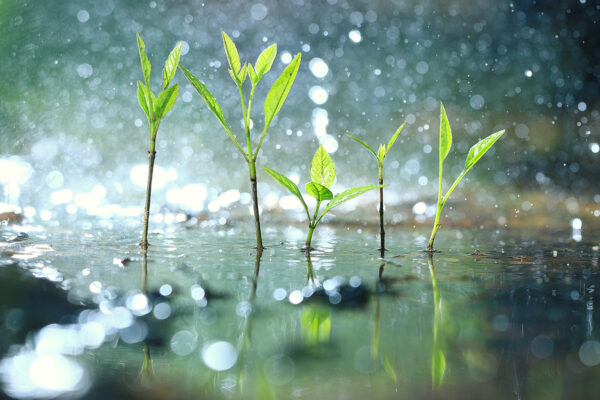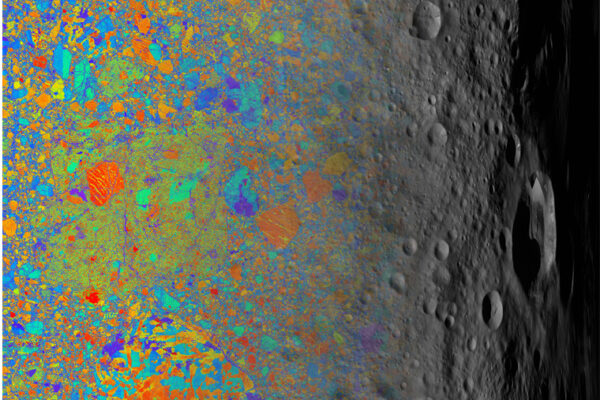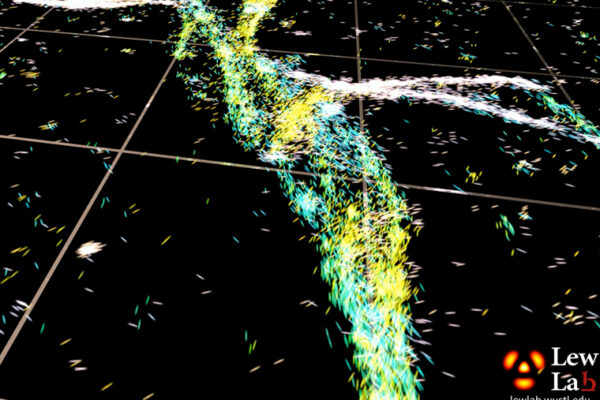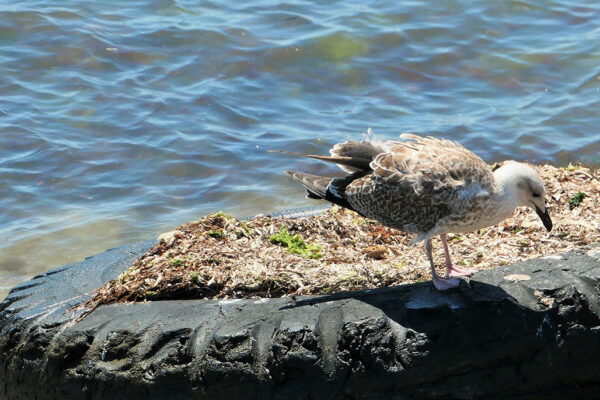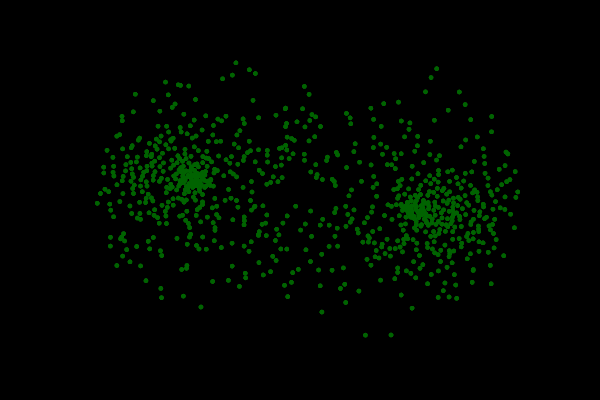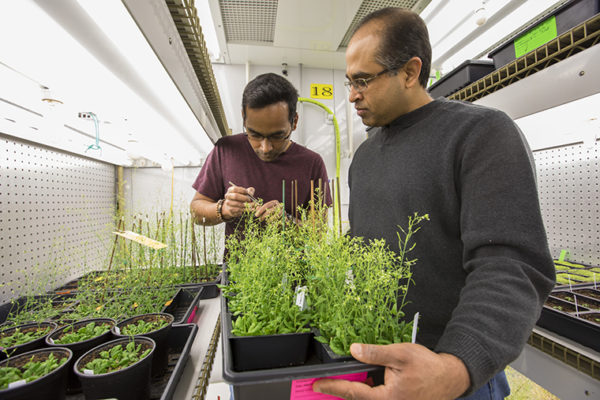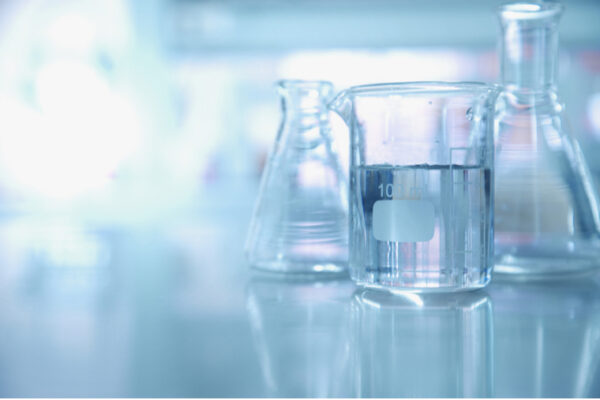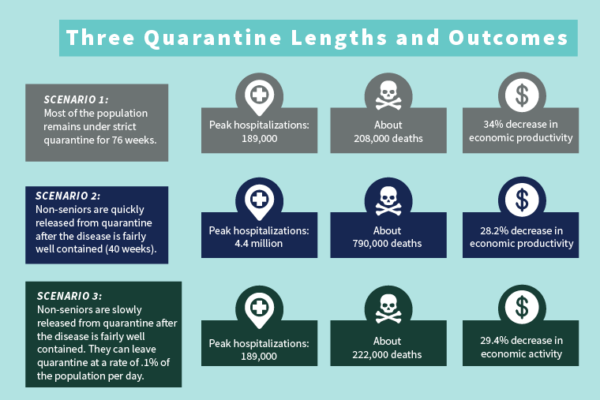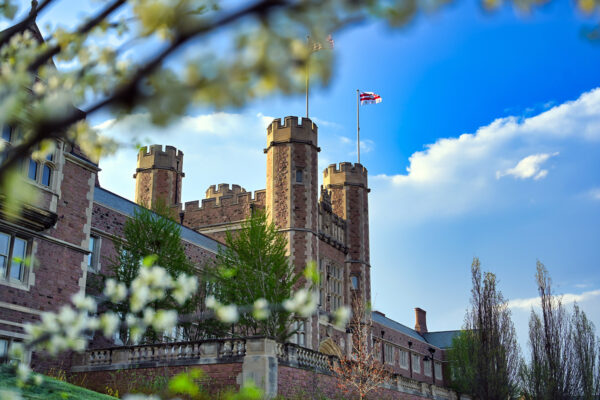An ion channel senses cell swelling and helps cells to choose a response
New research from Washington University in St. Louis offers clues about how mechanosensitive ion channels in the plant’s cells respond to swelling by inducing cell death — potentially to protect the rest of the plant.
Ancient micrometeoroids carried specks of stardust, water to asteroid 4 Vesta
Researchers at Washington University in St. Louis are the first to study presolar materials that landed on a planet-like body. Their findings may help solve the mystery: where did all the water on Earth come from?
New microscopy method provides unprecedented look at amyloid protein structure
A new technique developed in the lab of Matthew Lew at the McKelvey School of Engineering at Washington University in St. Louis measures the orientation of single molecules. It is enabling, for the first time, optical microscopy to reveal nanoscale details about the structures of these problematic proteins.
‘Extinction crisis even worse than realized’
“This new study shows that the extinction crisis is even worse than realized,” said Jonathan Losos, the William H. Danforth Distinguished University Professor and professor of biology in Arts & Sciences at Washington University in St. Louis and director of the Living Earth Collaborative.
Silicon ‘neurons’ may add a new dimension to computer processors
Research from the McKelvey School of Engineering shows that energy constraints on a system, coupled with an intrinsic property of systems, push silicon neurons to create a dynamic, at-a-distance communication that is more robust and efficient than traditional computer processors. And it may teach us something about biological brains.
How to build better highways in plants
The Dixit lab at Washington University in St. Louis, which in a study published in 2018 found molecular brakemen that keep the Arabidopsis Fragile Fiber 1 (FRA1) motor protein in check, uncovered in continuing research that FRA1 cinches its track in place through cellulose synthase-microtubule uncoupling proteins.
Aluminum may affect lead levels in drinking water
Until recently, researchers have not inspected the interplay between three common chemicals found in drinking water. Research from the McKelvey School of Engineering at Washington University in St. Louis has found they all affect each other and a closer look is needed.
Model predicts economic, public health repercussions of lifting quarantine
An interdisciplinary team at Washington University in St. Louis used computer modeling from different domains to look at how the United States might best lift quarantine — without a harsh blow to public health or the economy.
University advises on city’s bold new energy efficiency standard
St. Louis recently became the first jurisdiction in the Midwest — and just the fourth in the country — to adopt a comprehensive new standard designed to reduce its carbon footprint. Washington University’s Office of Sustainability provided technical expertise to support the new standard’s development.
Leadership change in store at International Center for Energy, Environment and Sustainability
Himadri Pakrasi, founding director of the International Center for Energy, Environment and Sustainability (InCEES) at the university, will conclude his tenure as director, effective July 1. David Fike, who has been associate director, will serve as interim InCEES director.
Older Stories
